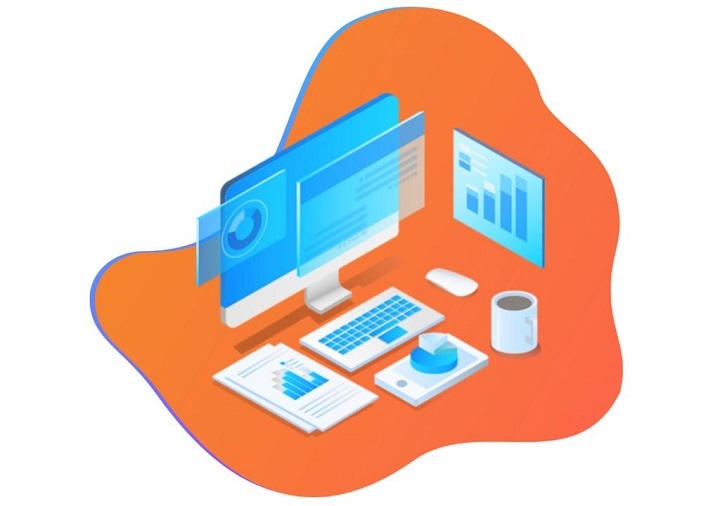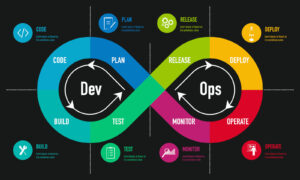Introduction
Data science is a rapidly growing field with applications across various industries, making it a sought-after skill. Whether you’re looking to pivot careers or enhance your existing knowledge, finding the best way to learn data science can set you on the path to success. Here’s a comprehensive guide to help you navigate your journey in learning data science.
Understanding Data Science
What is Data Science?
Data science combines statistics, computer science, and domain expertise to extract meaningful insights from data. It involves data collection, cleaning, analysis, and visualization to inform decision-making and drive innovation. Understanding the core components of data science will help you grasp the broader learning objectives. Data Science Certification Training Delivered by Industry Experts. 24/7 Technical support by Data Scientist. Enroll now to Our Kelly Technologies Data Science Training in Hyderabad.
Why is Data Science Important?
In today’s data-driven world, businesses and organizations rely on data science to gain a competitive edge. From predicting customer behavior to optimizing operations, the impact of data science is profound. Recognizing its importance will motivate you to delve deeper into the field.
Step 1: Building a Strong Foundation
Learn the Basics of Statistics and Mathematics
Statistics and mathematics form the backbone of data science. Start by familiarizing yourself with fundamental concepts such as probability, distributions, hypothesis testing, and linear algebra. These concepts are crucial for analyzing data and drawing accurate conclusions.
Master Programming Languages
Programming is essential for implementing data science techniques. Python and R are the most commonly used languages in the field. Python, with its extensive libraries like Pandas, NumPy, and Scikit-learn, is particularly popular for data analysis and machine learning. Begin by learning these languages through online courses or tutorials.
Step 2: Acquire Practical Skills
Enroll in Online Courses and Tutorials
Many platforms offer structured data science courses, including Coursera, edX, and Udacity. These courses cover various aspects of data science, from data wrangling to machine learning. Choose courses that offer hands-on projects to apply what you’ve learned in real-world scenarios.
Work on Projects
Practical experience is invaluable. Start by working on small projects, such as analyzing publicly available datasets or participating in Kaggle competitions. These projects will help you apply your skills and build a portfolio that showcases your abilities.
Step 3: Dive Deeper into Specialized Areas
Explore Machine Learning
Machine learning is a significant component of data science. Learn about different types of machine learning, including supervised, unsupervised, and reinforcement learning. Study algorithms such as regression, classification, clustering, and neural networks. Implement these algorithms using libraries like Scikit-learn and TensorFlow.
Understand Big Data Technologies
As you advance, explore big data technologies such as Hadoop and Spark. These tools are crucial for handling and processing large datasets. Understanding big data frameworks will enhance your ability to work with large-scale data projects.
Step 4: Develop Soft Skills
Enhance Data Visualization Skills
Data visualization is essential for communicating insights effectively. Learn to use tools like Tableau, Matplotlib, and Seaborn to create compelling visualizations. Good visualization skills help convey complex data findings in an understandable manner.
Improve Communication Skills
Data scientists must convey their findings to non-technical stakeholders. Developing strong communication skills will help you present your analysis clearly and persuasively. Practice explaining your results and recommendations in layman’s terms.
Step 5: Stay Updated and Network
Follow Industry Trends
Data science is a dynamic field with continuous advancements. Stay updated by following industry blogs, reading research papers, and attending webinars. This will help you keep pace with new technologies and methodologies.
Join Data Science Communities
Networking with other data science professionals can provide valuable insights and opportunities. Join online forums, attend meetups, and participate in conferences. Engaging with the community will help you learn from others and stay motivated.
Step 6: Pursue Advanced Education (Optional)
Consider Formal Education
If you’re looking for a more structured approach, consider pursuing a degree or certification in data science. Many universities and institutions offer specialized programs that provide a comprehensive education in the field. This can be particularly beneficial if you aim for advanced roles or specialized areas within data science. Data Science Certification Training Delivered by Industry Experts. 24/7 Technical support by Data Scientist. Enroll now to Our Kelly Technologies Data Science Course in Hyderabad.
Explore Research Opportunities
For those interested in contributing to the field’s academic growth, consider engaging in research. Research opportunities can provide a deeper understanding of data science principles and contribute to the development of new techniques and methodologies.
Conclusion
This article in the learningpave must have given you clear idea about Learning data science is a rewarding journey that requires a combination of foundational knowledge, practical skills, and ongoing learning. By building a strong foundation, acquiring hands-on experience, and staying updated with industry trends, you can effectively navigate your path to becoming a proficient data scientist. Remember, persistence and curiosity are key to mastering data science and making a significant impact in the field.



